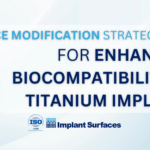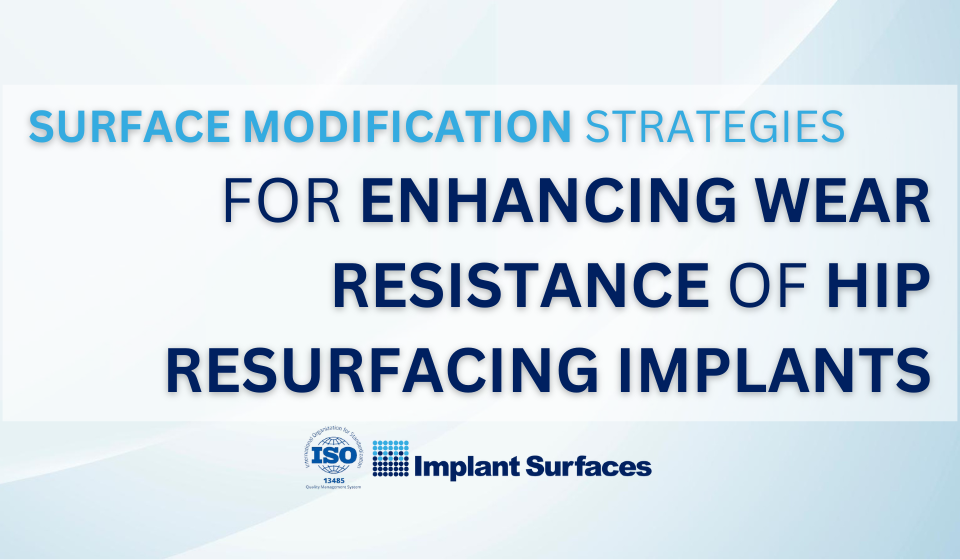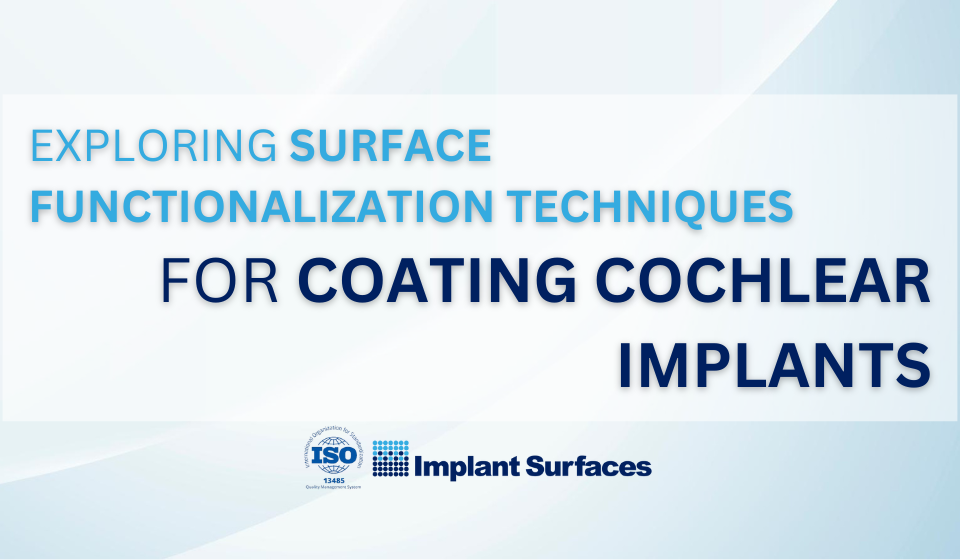
Advancing Biocompatibility: Surface Modification Strategies for Titanium Implants
April 30, 2024
Harnessing Bioactive Coatings: Fueling Angiogenesis in Cardiovascular Stents
May 2, 2024Cranial reconstruction implants have evolved significantly over the years, with advancements in materials and coatings playing a pivotal role in improving patient outcomes. These implants are crucial for restoring cranial integrity and function following traumatic injuries, tumors, or congenital deformities. In recent years, novel coating techniques have emerged as promising strategies for enhancing the performance and biocompatibility of custom cranial reconstruction implants.
Understanding Custom Cranial Reconstruction Implants: Custom cranial reconstruction implants are designed to replace missing or damaged cranial bone segments with patient-specific shapes and dimensions. These implants are typically fabricated using advanced imaging techniques, such as computed tomography (CT) or magnetic resonance imaging (MRI), to create precise three-dimensional models of the patient’s cranial defect. The customization of these implants ensures optimal fit and alignment, reducing the risk of complications and promoting faster healing.
Challenges in Cranial Reconstruction: Despite the benefits of custom cranial reconstruction implants, several challenges exist, particularly regarding implant integration and long-term stability. Traditional materials, such as titanium and polymethylmethacrylate (PMMA), may exhibit limitations in terms of osseointegration and biocompatibility, leading to issues such as implant loosening or infection. Additionally, the unique anatomical and biomechanical properties of the cranial region present distinct challenges for implant design and fixation.
Advancements in Coating Technologies: To address these challenges, researchers and manufacturers have focused on developing advanced coating technologies specifically tailored for custom cranial reconstruction implants. These coatings serve multiple purposes, including promoting osseointegration, enhancing biocompatibility, and providing antimicrobial properties. Some of the notable advancements in coating technologies include:
- Hydroxyapatite Coatings: Hydroxyapatite (HA) is a bioactive ceramic that closely resembles the mineral component of natural bone. HA coatings applied to cranial reconstruction implants can facilitate osseointegration by promoting the formation of hydroxyapatite crystals on the implant surface, thereby enhancing bone ingrowth and implant stability.
- Antibacterial Coatings: Infection is a significant concern in cranial surgery, necessitating the development of antibacterial coatings to reduce the risk of implant-related infections. Silver nanoparticles, antimicrobial peptides, and antibiotic-eluting coatings are among the innovative solutions being explored to impart antimicrobial properties to cranial reconstruction implants.
- Bioactive Coatings: Bioactive coatings incorporate biological molecules or growth factors that stimulate cellular responses and tissue regeneration. These coatings can promote angiogenesis, osteogenesis, and soft tissue integration, facilitating the natural healing process and improving overall implant performance.
Clinical Applications and Future Directions: The integration of advanced coatings into custom cranial reconstruction implants holds great promise for enhancing patient outcomes and reducing complications. Clinical studies have demonstrated the efficacy of coated implants in promoting bone healing, minimizing infection rates, and improving implant longevity. Moving forward, ongoing research efforts aim to further optimize coating formulations, refine implant design strategies, and explore synergistic approaches to maximize the therapeutic potential of coated cranial reconstruction implants.
Conclusion: Advancements in coatings for custom cranial reconstruction implants represent a significant paradigm shift in cranial surgery, offering unprecedented opportunities to improve patient care and surgical outcomes. By leveraging innovative coating technologies, clinicians can enhance the biocompatibility, antimicrobial efficacy, and osseointegrative properties of cranial reconstruction implants, ultimately transforming the field of cranial surgery and empowering patients with customized solutions for cranial restoration and rehabilitation.




